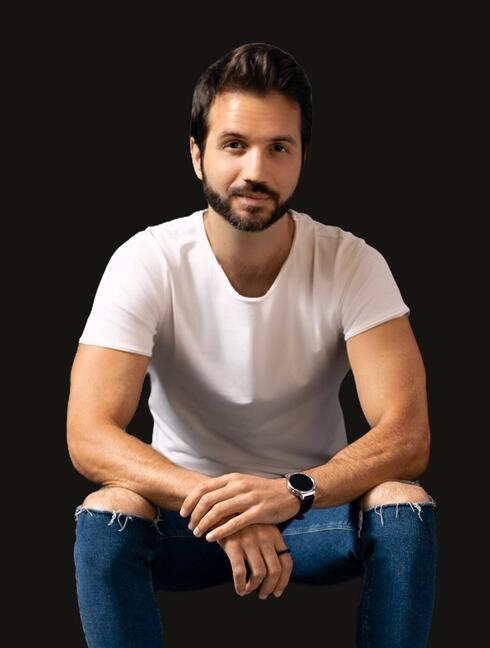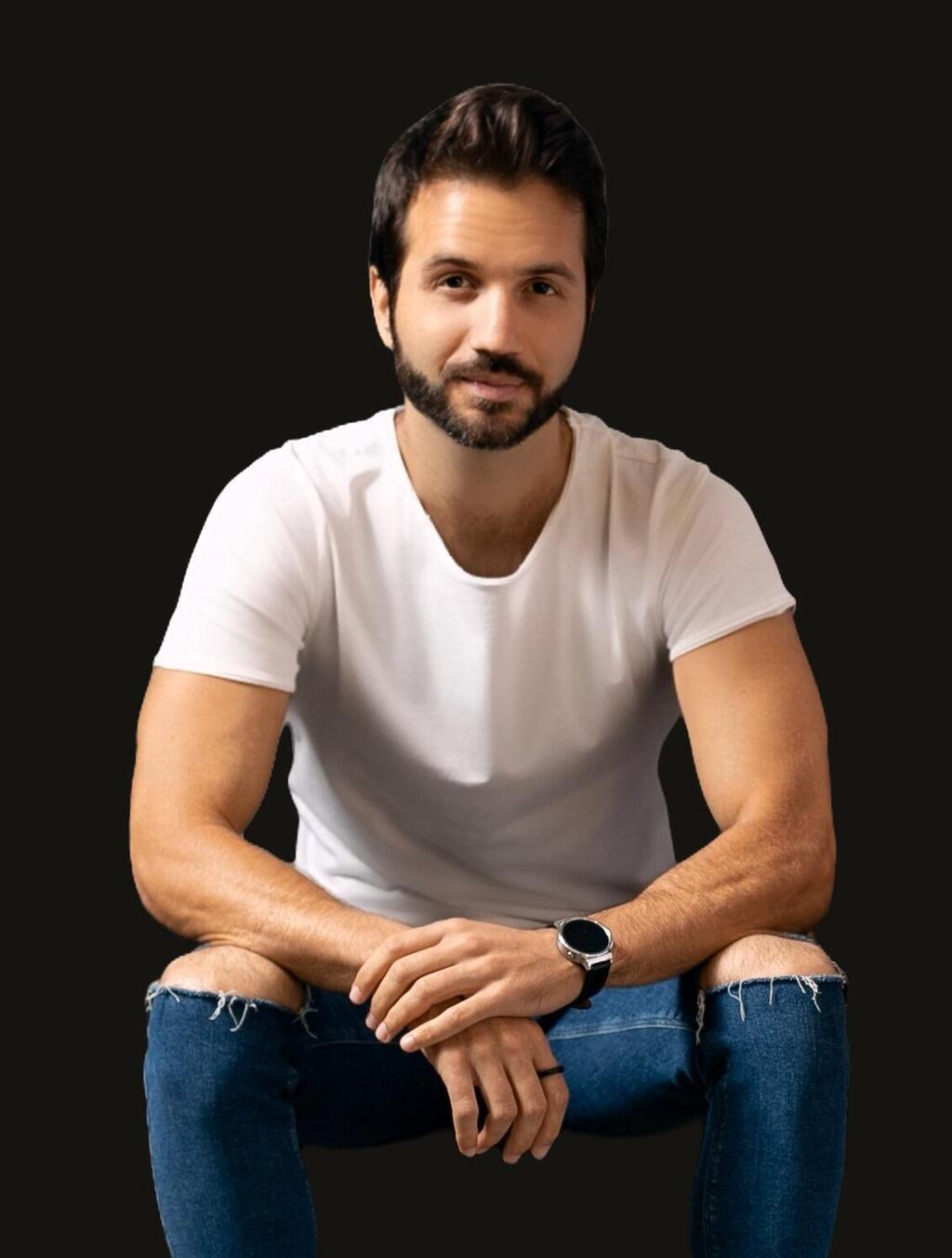
Yoav Vilner, CEO of Walnut: "I saw no option but to dedicate our entire office to the home front efforts."
Yoav Vilner, CEO of Walnut, immediately responded to the situation. By October 8, Walnut's offices were transformed into HQ for the "Hi-Tech Command Center." This initiative quickly became a major civilian effort, with hundreds of volunteers actively participating. In line with this, Vilner firmly upholds the principle of #No matter what. He believes that a key aspect of the Israeli ethos is to sustain as much business activity as possible. Therefore, he emphasizes that startups should strive to continue their operations to the fullest extent possible.”
I met Yoav Vilner at Walnut's offices. At first glance, one sees the well-designed offices of a high-tech company located in the center of Tel Aviv. But looking deeper, one can see what has happened here in the last month and a half: boards with drawings on methodologies for various operations, boxes with military equipment in meeting rooms, and writings on the walls: "Thank you for letting us wreck your office!"
From the morning of October 8th, the day after Black Saturday, Walnut's offices were the home of the Hi-Tech Command Center. This Command Center is one of the significant headquarters that has operated to assist military bodies and the home front since the beginning of the Iron Sword War. The Command Center, which was in contact with over 500 civilian and military centers to collect needs directly from the field, raised nearly two million shekels for donations to IDF soldiers and residents of the surrounding area and moved over 30,000 units of equipment that reached over 200 units and brigades in the IDF. In parallel to this activity, the Command Center hosted and operated technological teams to assist in locating information and the geographical locations of missing civilians.
"On the first day, our office's Command Center had 3 people, and on the second day, it had over 50 people with various skill sets, who raised about 2 million shekels while helping the organizers of the party in the south to find missing persons."
When was the decision made to give your offices?
"Honestly, on the spot. Saturday, October 7th, was a day of complete helplessness. Watching the news and the stories of citizens crying for help made me think about what I could do to help. I couldn't believe that within 24 hours, such an active and significant Command Center would be established here."
And how does this align with the company's ongoing operations?
"Although the Command Center operates in Walnut's offices, the activity doesn't belong to Walnut. From the first day, we informed the Israeli site that they could work from home without limitation, and we still allow this (it was also the case before due to the hybrid work model). We have high trust in our employees, and we want to give them the choice. We have employees in the reserves, employees who know people who were hurt, employees who volunteer and are active in projects and other Command Centers, and we support all of them and back them up. Of course, we also volunteer as a company."
With all the volunteering and reserve duty, does the company function normally?
"Our company is a global company, with presence and employees in the United States and Europe. The vast majority of our employees are not Israeli, and it's touching to see how much, beyond expressing support and concern, our employees around the world step up to 'cover' for Israeli employees. It's heartwarming to feel that we are not alone and that they see and identify with our pain. A similar spirit is also identified among the Israeli employees who did not go to reserves. They back up their colleagues and take on additional responsibilities and tasks."
Do you have advice and tips for CEOs currently dealing with great complexity?
"I am a big believer in the ethos of #no matter what. Parallel to doing and volunteering, which are so important, one of our battles is in the business arena. As a strong home front, we need to continue to function as much as possible to drive the economy. Israeli society does not have the privilege to stop. Everyone, within their ability and the situation that has arisen in their company, must try and continue to sell, meet with customers, announce features, and upload content to networks not only about the war but also about the products they are selling to continue to exist. War costs a lot of money. Israeli companies and Israeli high-tech are supporting families and citizens of Israel. We need to do everything in our power to continue to support them with dignity. Otherwise, the other side will win on this front."















